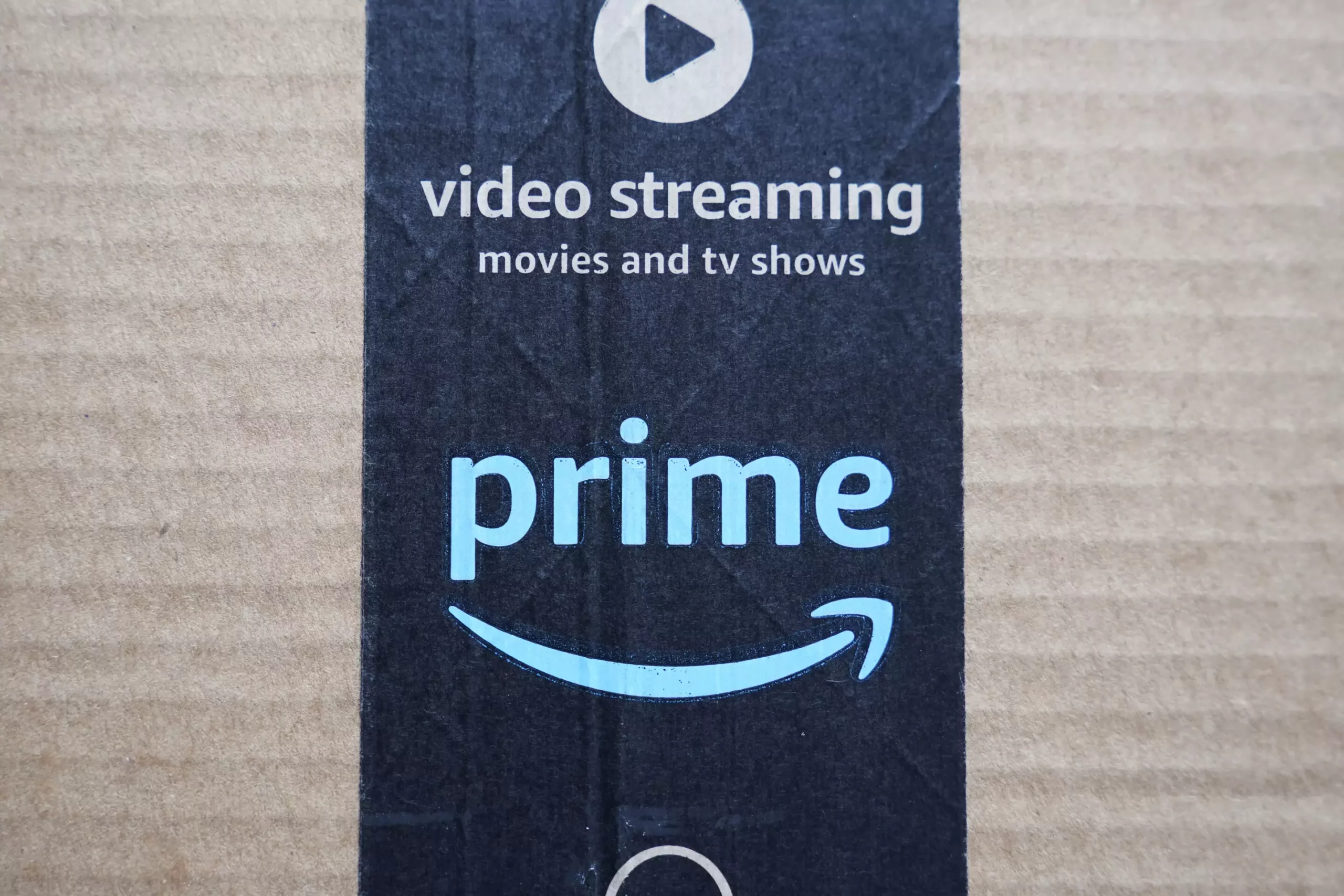As Amazon Prime Day approaches, consumers are being advised to exercise caution in order to protect themselves from scams. The Better Business Bureau warns that phishing attempts tend to rise during significant sales events like Black Friday or Prime Day, with scammers taking advantage of the increased online activity and heavy spending. The Vice President of Communications at the Better Business Bureau, Josh Planos, emphasized the need for vigilance, stating that scammers are constantly looking for opportunities to separate people from their hard-earned money.
During Prime Day, consumers should watch out for suspicious emails, unsolicited calls, and lookalike websites that mimic popular online retailers like Amazon. The Better Business Bureau has received a record number of phishing reports in recent years, indicating a growing trend in online scams. Check Point Software Technologies also reported a surge in the creation of malicious websites linked to Amazon, with the majority of them being flagged as suspicious or harmful.
Scott Knapp, the director of worldwide buyer risk prevention at Amazon, highlighted two common areas where scams tend to occur during Prime Day: Prime membership and order confirmations. Scammers often impersonate Amazon and target consumers with fake messages about account issues or orders that require immediate action. By creating a sense of urgency or offering fake giveaways, scammers aim to exploit unsuspecting shoppers for personal and payment information.
While the basic structure of online shopping scams remains the same, scammers are continually evolving their tactics to appear more legitimate and convincing. With the integration of artificial intelligence, emails and texts may be generated by machines to trick consumers into disclosing sensitive information. As a result, it is important for consumers to remain cautious and verify messages directly on the Amazon app or website to ensure their authenticity.
Experts recommend blocking unwanted messages, avoiding unsolicited requests for financial information, and checking the security features of websites before making a purchase. Secure websites will have “HTTPS” in the URL, indicating a higher level of encryption and protection for consumers. Additionally, consumers are advised to trust their instincts, report scams to regulators, and be wary of counterfeit products and fake reviews on online marketplaces.
When shopping online, especially during Prime Day, consumers should be cautious of counterfeit products sold on third-party marketplaces. Counterfeit items may have significantly lower prices than their authentic counterparts and can be difficult to distinguish based on appearance alone. The Better Business Bureau suggests verifying sellers on their website and being cautious of deals that seem too good to be true.
Amazon has taken steps to address counterfeit products on its platform, including removing millions of phony items and blocking billions of suspicious listings. The company has also filed lawsuits against fake review brokers and provides refunds to customers who unknowingly purchase counterfeit goods. By actively monitoring its marketplace and collaborating with law enforcement, Amazon aims to protect consumers from falling victim to scams on Prime Day and beyond.


Leave a Reply